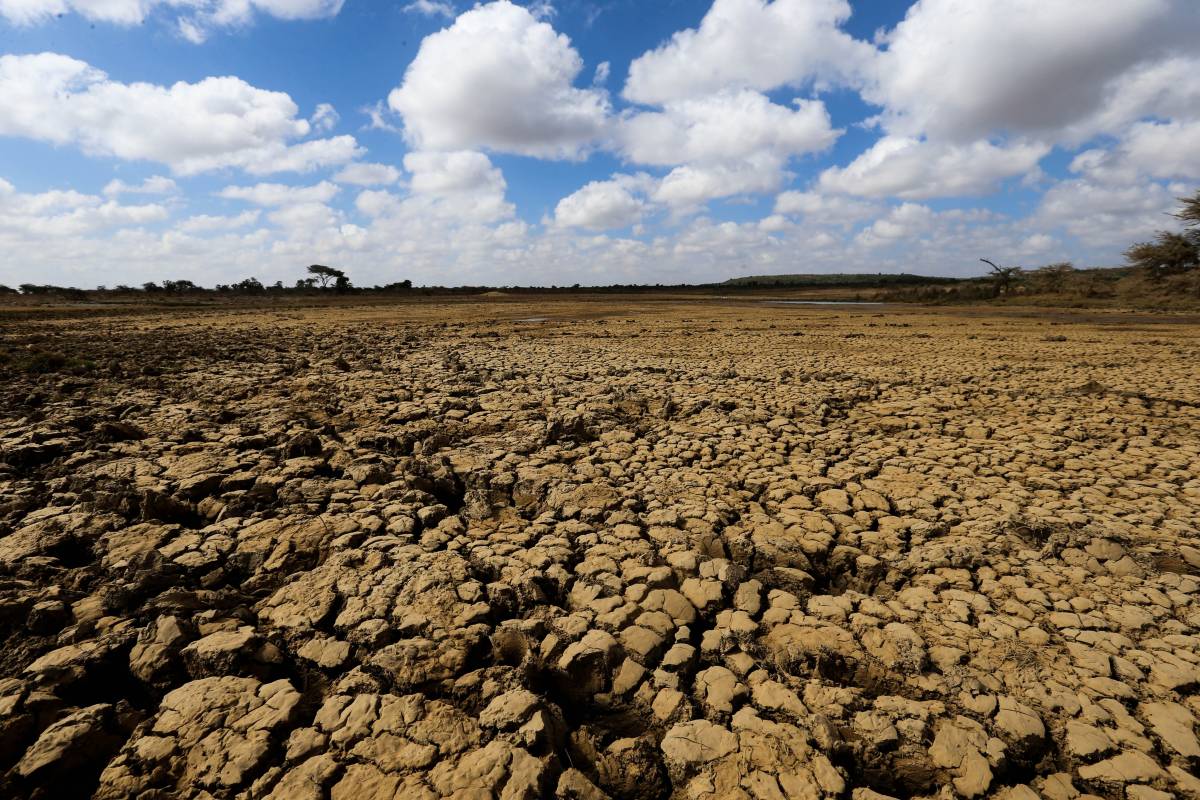Gross domestic product fell by 11% in 2020, the Office for National Statistics said. This was a bigger drop than any of the ONS’s previous estimates and the largest fall since 1709, according to historical data hosted by the Bank of England…reports Asian Lite News
Britain recorded its biggest fall in output in more than 300 years in 2020 when it faced the brunt of the Covid-19 pandemic, as well as a larger decline than any other major economy, updated official figures showed.
Gross domestic product fell by 11% in 2020, the Office for National Statistics said. This was a bigger drop than any of the ONS’s previous estimates and the largest fall since 1709, according to historical data hosted by the Bank of England.
British statisticians regularly update GDP estimates as more data becomes available.
The ONS’s initial estimates had already suggested that in 2020 Britain suffered its biggest fall in output since the ‘Great Frost’ of 1709. But more recently, the ONS had revised down the scale of the fall to 9.3%, the largest since just after World War One.
Even before the latest revisions, Britain’s economic slump was the largest in the Group of Seven, and the latest downward revision makes it greater than Spain’s, which recorded a 10.8% fall in output.
However the ONS cautioned against direct comparisons with other countries as most – with the exception of the United States – had not yet undertaken the same type of in-depth revisions as Britain had.
The downward revision in GDP reflected lower contributions from healthcare and retailers than previously thought.
“The health service faced higher costs than we initially estimated, meaning its overall contribution to the economy was lower,” ONS statistician Craig McLaren said.
The ONS had already factored in a fall in routine care provided by Britain’s National Health Service as it focused on treating Covid-19 patients and limiting the spread of the disease in hospitals.
A closer look at the increased costs faced by individual retailers also led to a downward revision of the sector’s contribution, while factory output was revised up to take account of lower raw material costs.
Britain’s economy bounced back sharply last year and recovered its pre-pandemic size in November 2021. But fast-rising inflation means the Bank of England expects the economy will slip back into recession later this year.
The ONS will publish updated growth figures for 2021 and the first half of 2022 on September 30.
Even before the revisions to the 2020 data, the UK’s economic recovery was lagging that of other countries. In the second quarter of this year, output in the US was 2.5 per cent above pre-pandemic levels, while eurozone output was 1.4 per cent larger.
In 2020, Covid-19 restrictions resulted in a sharp drop in output in most countries, but the double-digit fall registered in the UK compares with contractions of between 3.4 per cent and 5.2 per cent in the US, Canada, Japan and Germany.
The ONS’s revision could also lead to the Bank of England’s already bleak economic forecast proving optimistic, unless there are upward revisions to the latest data or forecasts.
The BoE this month forecast that by the third quarter of 2025, the latest forecast period, the UK economy would be 0.8 per cent smaller than before the pandemic.
This is because the central bank expects the economy to enter a prolonged recession from the end of this year as a result of inflation, which it forecasts to reach 13% in the autumn. But its estimates were based on stronger growth rates in each quarter of 2020 than the revised ones.
The ONS now forecasts that the economy fell 21 per cent in the second quarter of 2020, rather than by 19.4 per cent as estimated previously. It also revealed that the GDP contraction was marginally larger in the first three months and the recovery weaker in the third and fourth quarters of 2020.
The revised data showed the health sector performed worse than previously calculated. Retailers and wholesalers also sold less than initially thought during the pandemic. Meanwhile, manufacturing output is now estimated to have notched up 0.1 per cent, revised up from a previous 8.9 per cent fall.
However, Martin Beck, chief economic adviser to the EY ITEM Club, warned that it might be too early to judge the status of the economy as the ONS had yet to calculate the implications for 2021 and 2022.
“Eventually, the ONS is likely to say that while the downturn was deeper in 2020, the recovery afterwards was stronger, essentially keeping things in the same place as before,” he added.
ALSO READ-Germany, Canada to ink hydrogen deal














